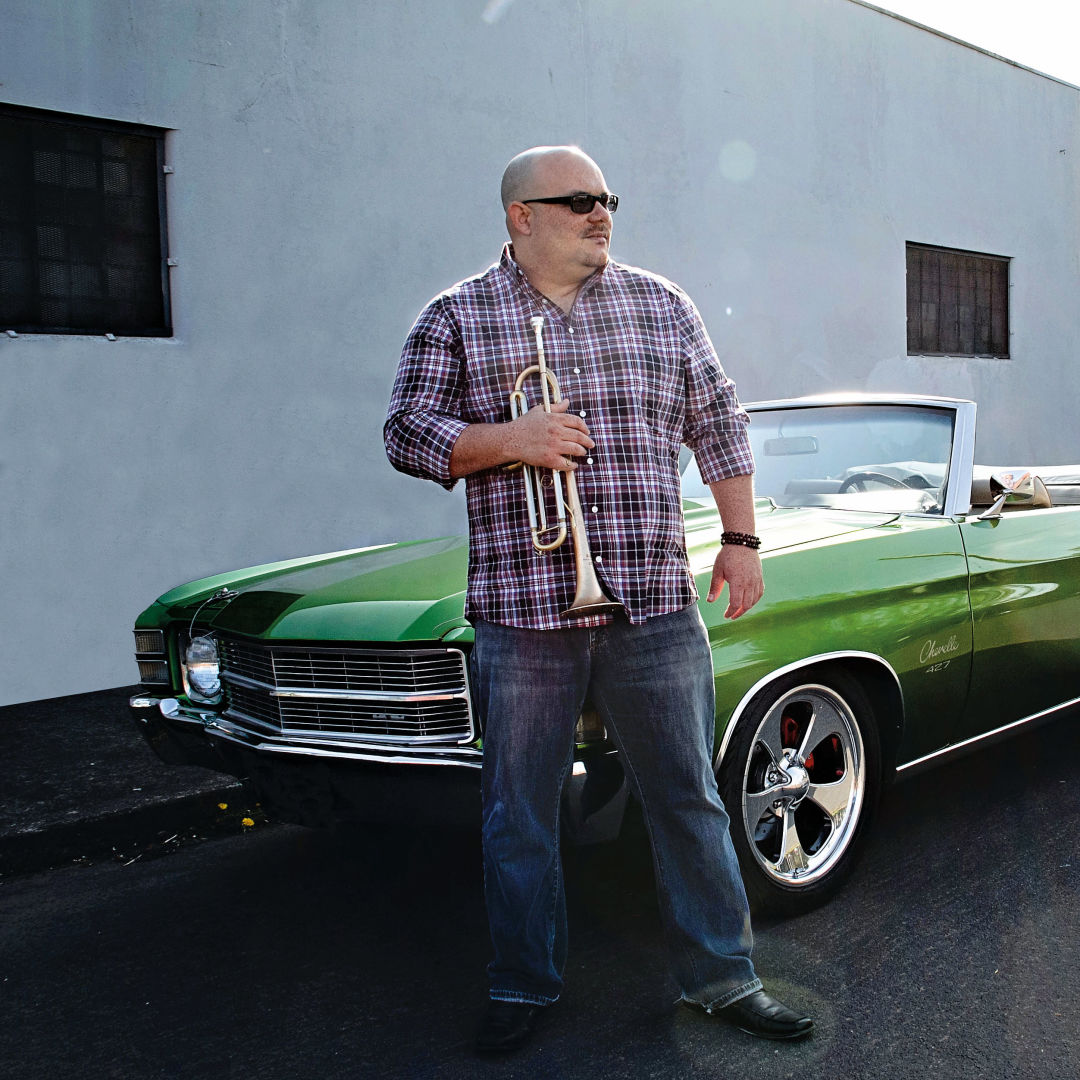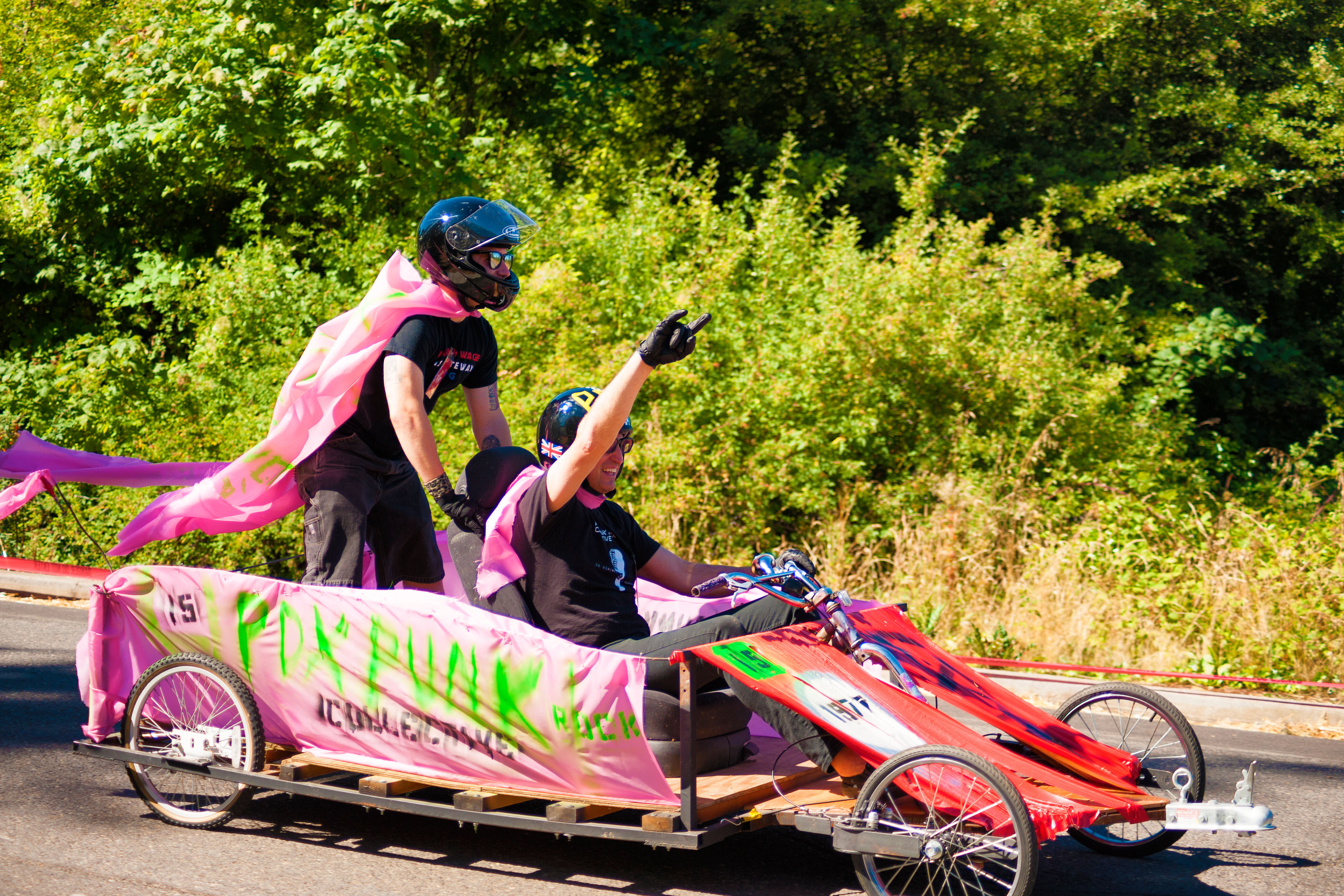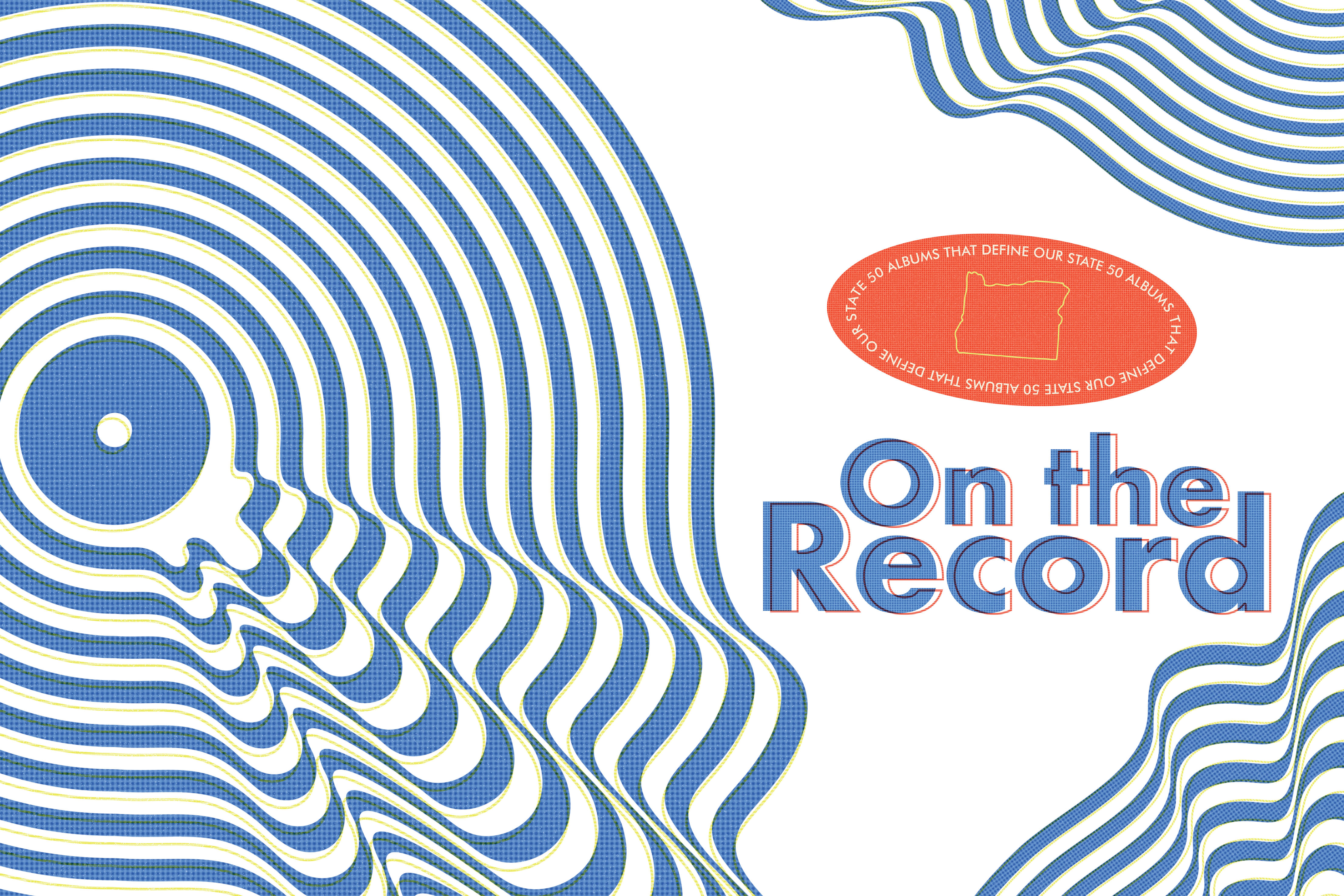Trumpeter Farnell Newton Doubles Down on Portland

Image: Farnell Newton
It’s Sunday morning at Cathedral Coffee in North Portland. There’s a wet dog with sad eyes tied to the bike rack out front, tracking clusters of marathon runners as they emerge from the low-hanging weather and disappear back into it.
Inside, Portland-based trumpeter and songwriter Farnell Newton takes a seat next to his wife, Zapoura, at the large wooden table in the center of the room. He peels off a wet hoodie and removes the black ball cap emblazoned with the logo for his blistering funk group, the Othership Connection.
“Portland keeps me grounded,” he says. “If you think about it, a lot of musicians get off the road and they’re in that hustle and bustle of a city like New York. I get home and I can breathe—I feel rejuvenated.”
Born in Miami and raised largely in Philadelphia, Newton moved to Portland 16 years ago. At first he seemed on track to become an establishment jazz figure here, à la Mel Brown, but Newton had other plans. “You try to stay creative with all these different things that make up who you are,” he says, shutting his eyes as if taking a solo. “I grew up on hip-hop and R&B, so I’m kind of riding my own wave. I feel like I should always make sure I’m being a hundred percent authentic, whether I’m playing with an Elliott Smith–type band or a funk group.”
Newton doesn’t just juggle his own musical projects: he’s a father of five who teaches music at Portland State, works at local community centers and schools, and runs a record label—FN/Beatsgalore—with local musician-producer Tony Ozier. He’s spent the last few years touring with funk legend Bootsy Collins and soul music titan Jill Scott.
He plans to stay grounded in Portland for the foreseeable future, though, and lately he’s been embracing a hybrid role of music scene cheerleader and community organizer. (“Some of it you learn from watching, and some of it, you just dive in and swim,” he says.) In September, Newton helped to organize the first (annual, he hopes) Portland Black Music Festival. It was modest in scope, but impressive as a showcase of black excellence in an overwhelmingly white city—one Newton feels ownership over.
“I think you have to have a sense of entitlement about this stuff,” he says. “It doesn’t matter where you at. Once you feel like you have a place, you’re going to want to protect it and make it better—and do great things.”




